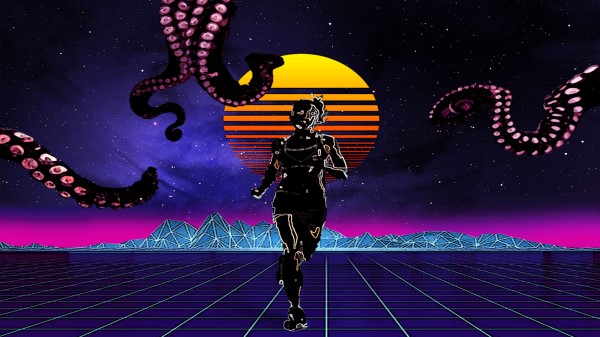A picture is worth a thousand words. That has been proven over the decades through past photographs recording historical events, photojournalism and, progressively, though Instagram. There is so much a photo can say that words can’t. Moreover, pictures of people can tell tales about them that can’t be expressed with words. It’s almost like a self-revealing mirror, one that ties up all their joys, accomplishments, sadness and discomforts in one shot. A photo of someone can expose so much of their character and emotions at a certain point of time and place. It can easily shine a light and call attention to a person’s existence among a crowd. I got to interview three photographers based in three different countries, with all three interests in photographing people, getting a bit of insight on what they share and what they don't when capturing shots of individuals.
Jason Weller, an American photographer that made his recognition during his time in Nagoya, Japan, has an interesting take on portraits and capturing people in the spur-of-the-moment, using his Canon 6D, 50mm and 1.2 lens. His work, one that is profoundly based on lively night shots and vibrant colors, focusing greatly on lighting, emphasizes his subject’s distinctive features and impulsive facial expressions as they dance the night away.
So how did you get started in photography?
Getting paid for it? 2012, and basically by accident. I had met a local promoter one night who basically hired me on the spot. From there, I was hooked on nightlife photography.
When taking a shot, what do you try and capture?
I want to say an honest expression, but if I’m being honest there really isn’t any such thing. Any expression or moment you capture may or may not have been the dominant feeling of the night or even the moment. It really comes down to the story you want to tell or feeling you want to give off. There is a bias in all photos. It’s actually one of the things I love most about photography. The medium is taken so literally that people often forget how unrealistic it can be. Because of this, you can sneak in your bias on the world and people think it’s the gospel truth. Paintings, for instance, while more creative, don’t have this power.
What is a photograph to you?
A photograph to me is like a part of a diary. I’d make photos even if there was nobody to look at them but myself, just to reminisce.
Say you’re at a wild night out in a lively, red district city, what camera would you pull out and why?
Shooting almost always at night, I need something fast that can use an off-camera flash. For the record now it's a Canon 6D most likely with a 50mm f/1.2 or a 16-35 f/2.8. The former can shoot black panther sprinting through a cave at midnight and the latter is wide enough to let me shoot right from the splatter zone (be it beer or blood).
What’s the most difficult thing about taking a photograph?
There are two parts to this. First off getting where you need to be, which can often mean talking your way in or just flat out breaking rules. Secondly, getting the subjects mind where you want it.
Black and White or Colored photography? Why?
Each one has its place. I like to think of all images as black and white as default and of color as an added ingredient, which is oftentimes not necessary, depending on the subject matter. Ultimately, It’s harder to be effective with color I think, and because of that, a beautiful color shot demands a lot of respect.
Name one photographer that had a huge impact on your work.
Finding Merlin Bronques photobook ‘Last Night’s Party’ was a game changer. Also, Bruce Davidson’s ‘Subway’, and of course Avedon.
Name one person, dead or alive, or a specific scenery, you would like to photograph, and why?
I’d love to photograph a Trump rally in the early days. It seemed like an insanity-fueled Mardis Gras where everyone was drunk on stupidity and rage instead of alcohol. Primetime shit-show.
Lastly, why photograph people?
People are really the only thing that interests me in photography. Shooting landscape or still life or something like that feels like playing chess by myself, I don’t even get it. The interaction with other individuals is the most important part of what photography is for me. Without it, it’s a lesser thing. The photograph itself is even secondary to that experience, but serves nicely as a reminder of it.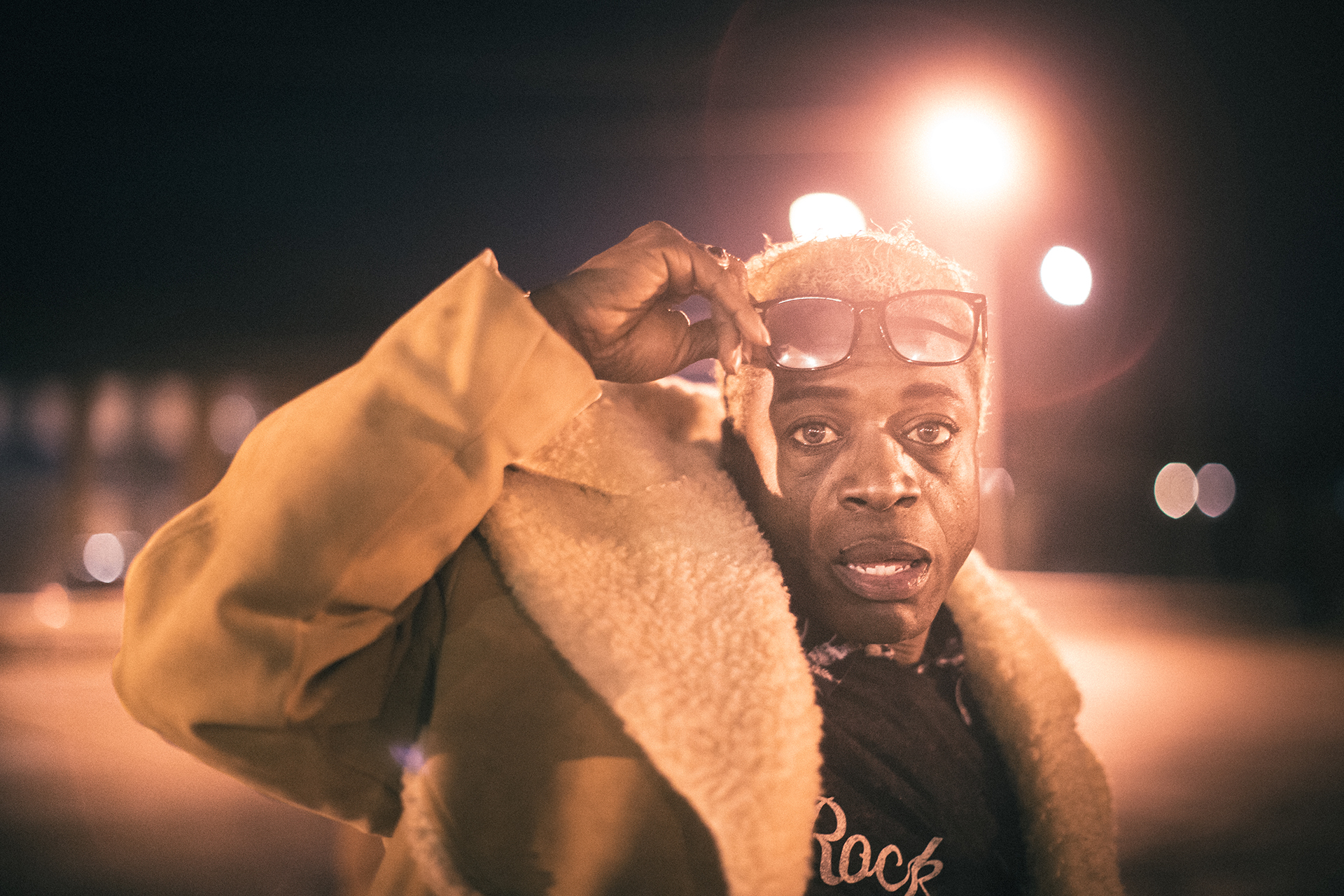
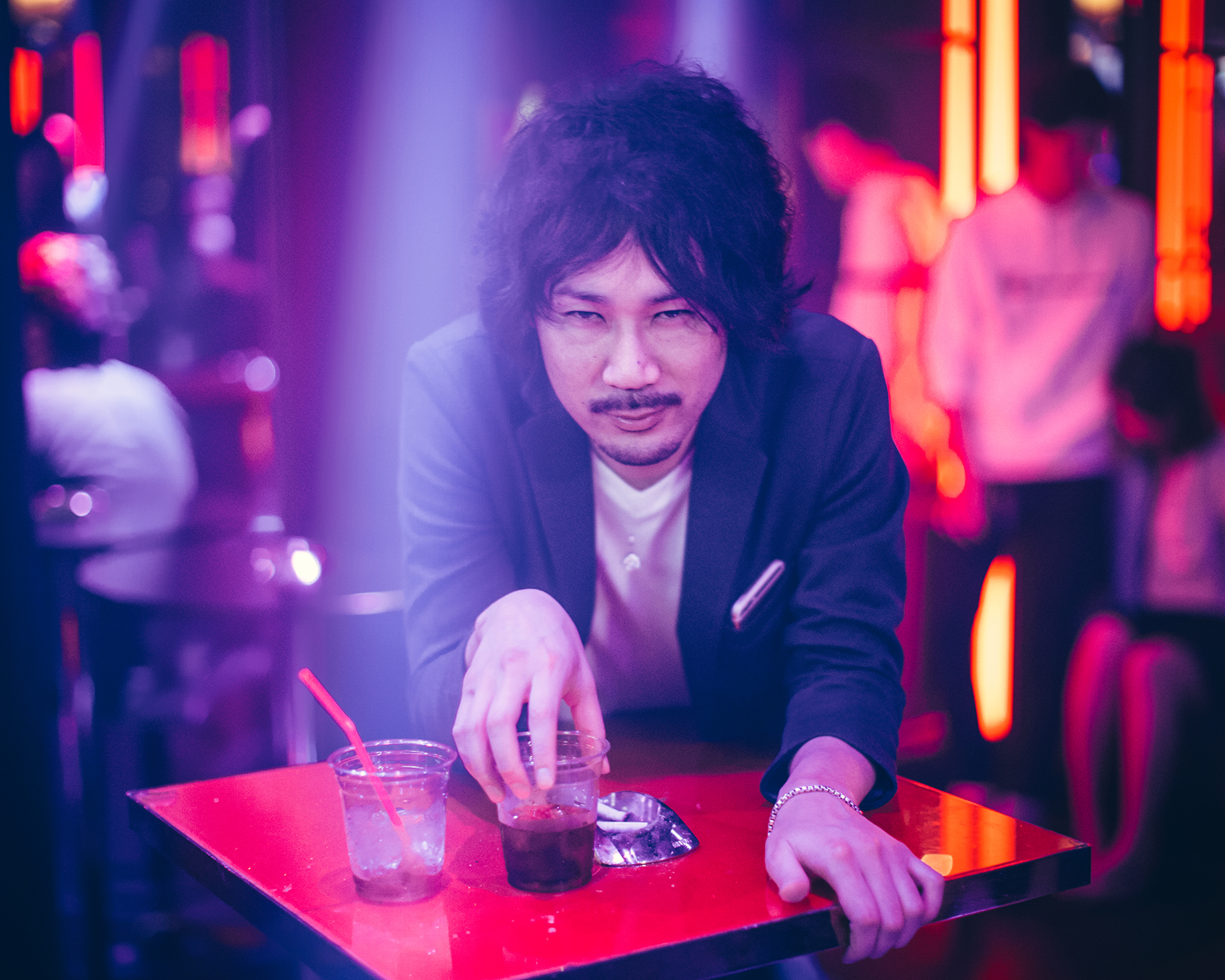
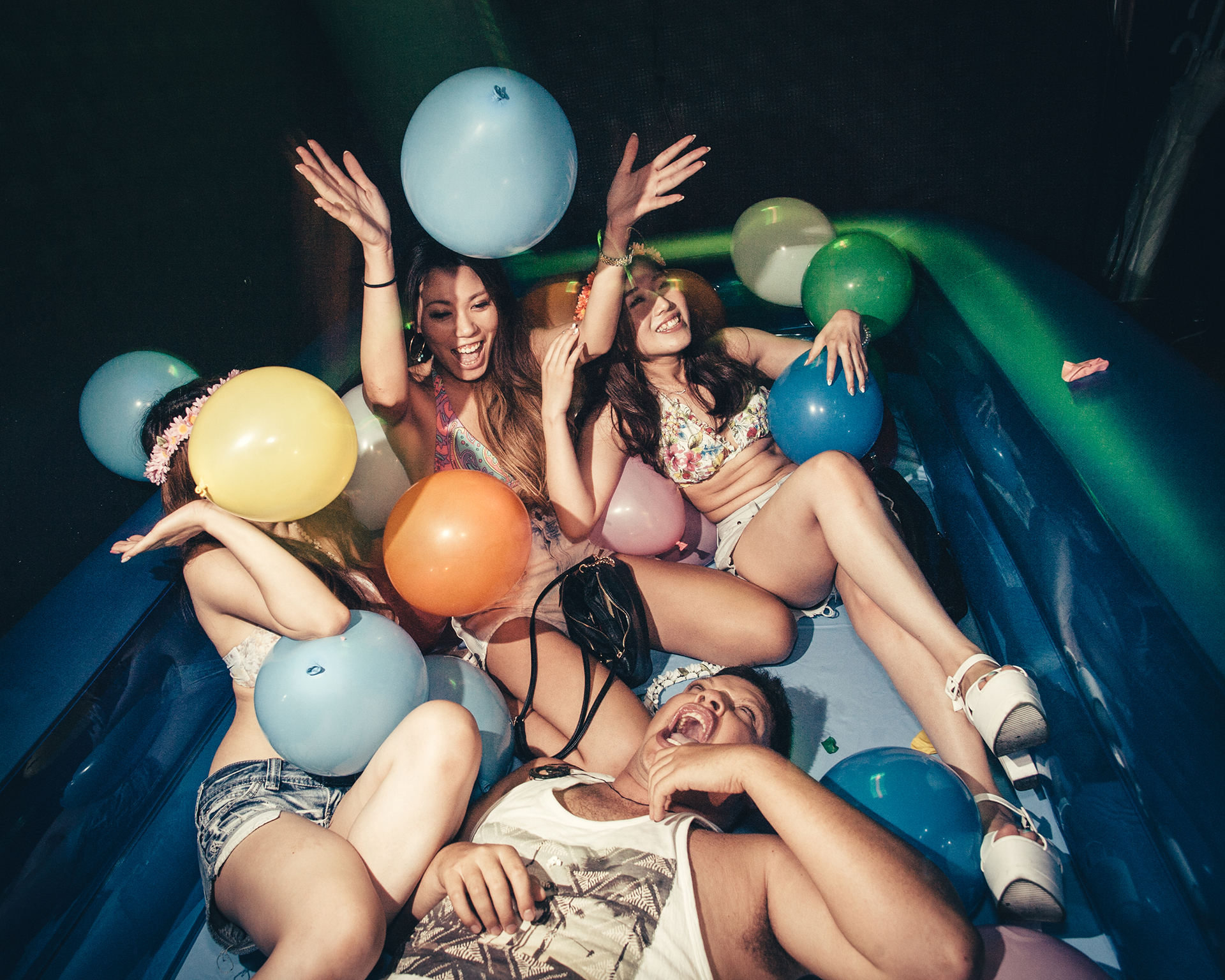
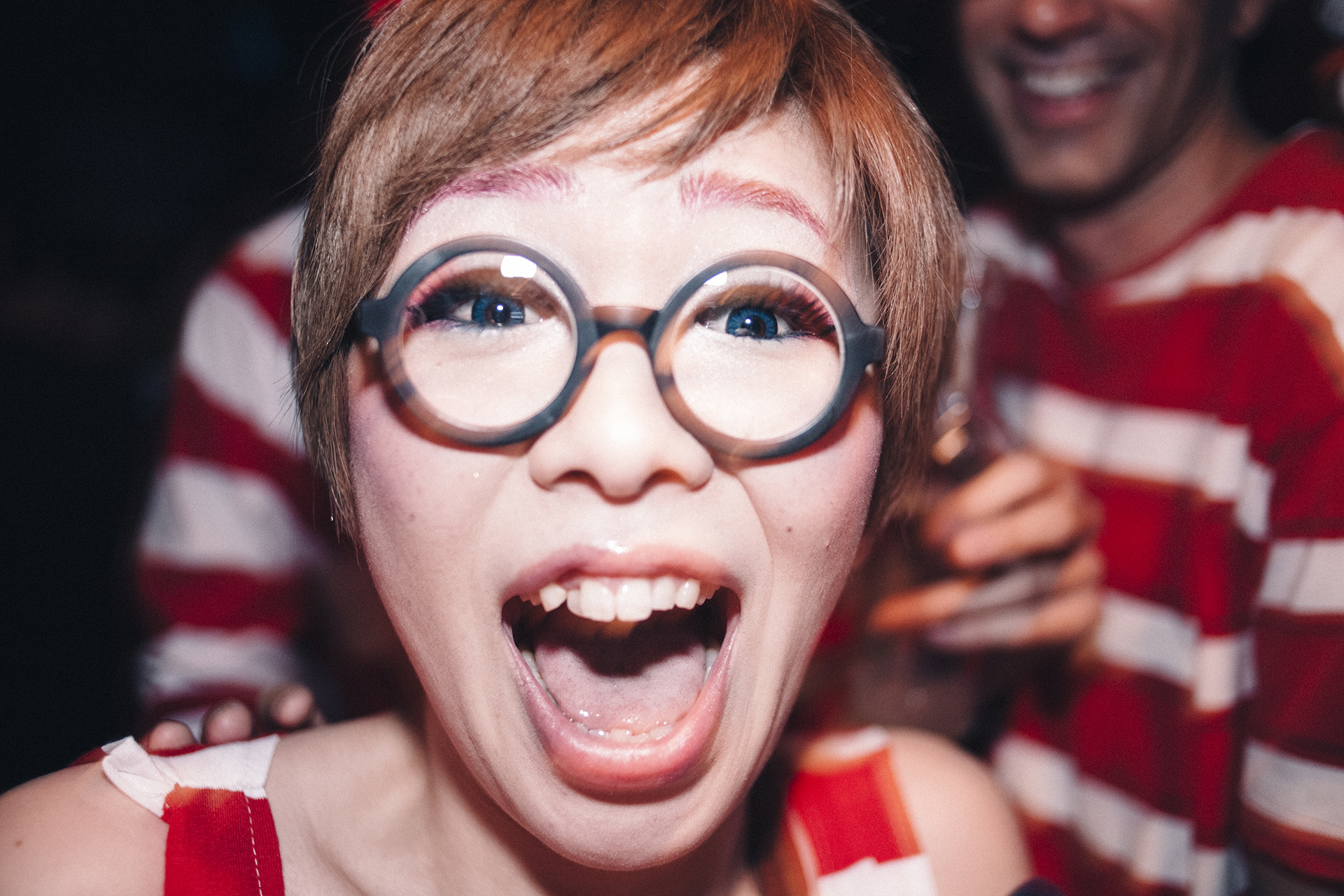
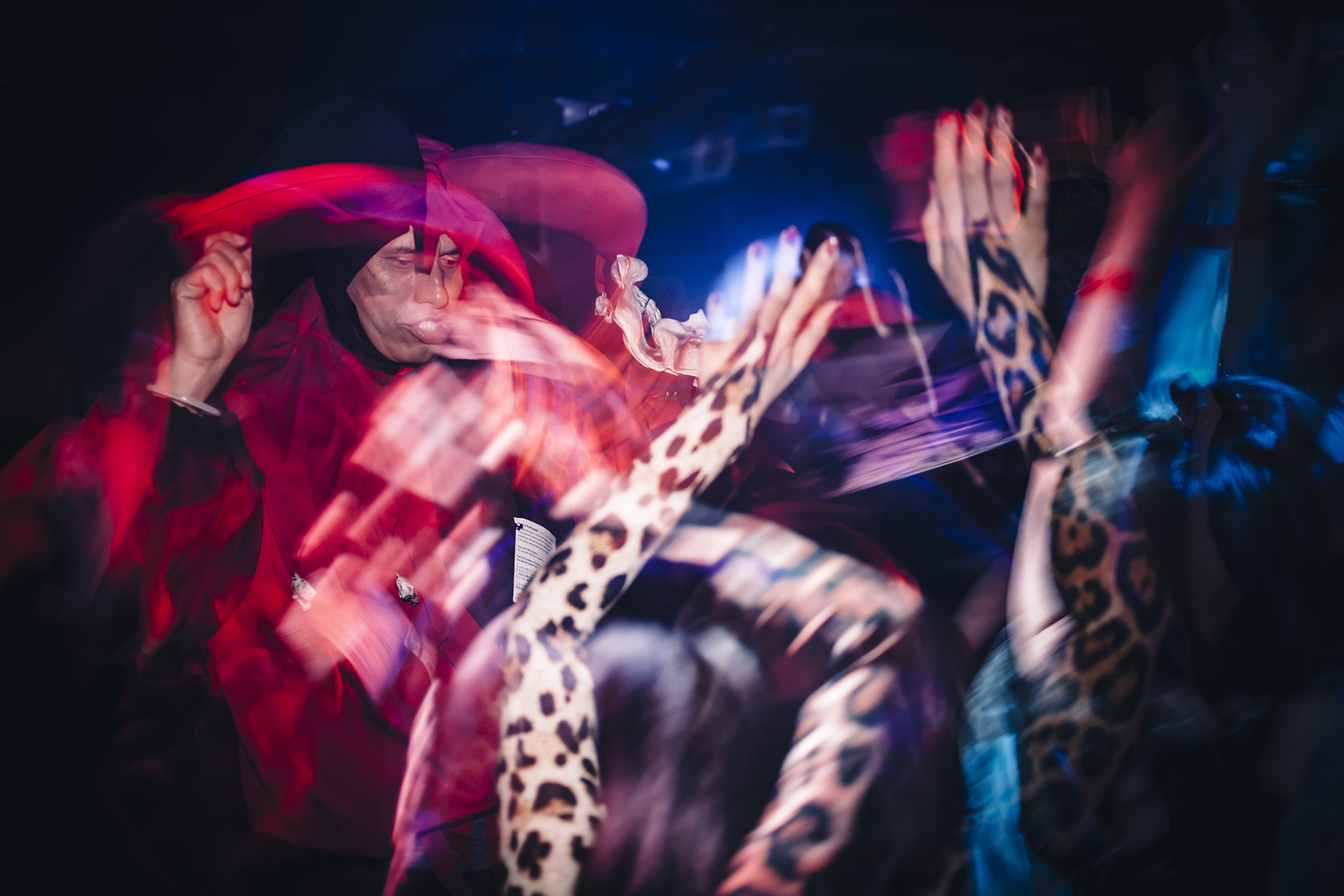
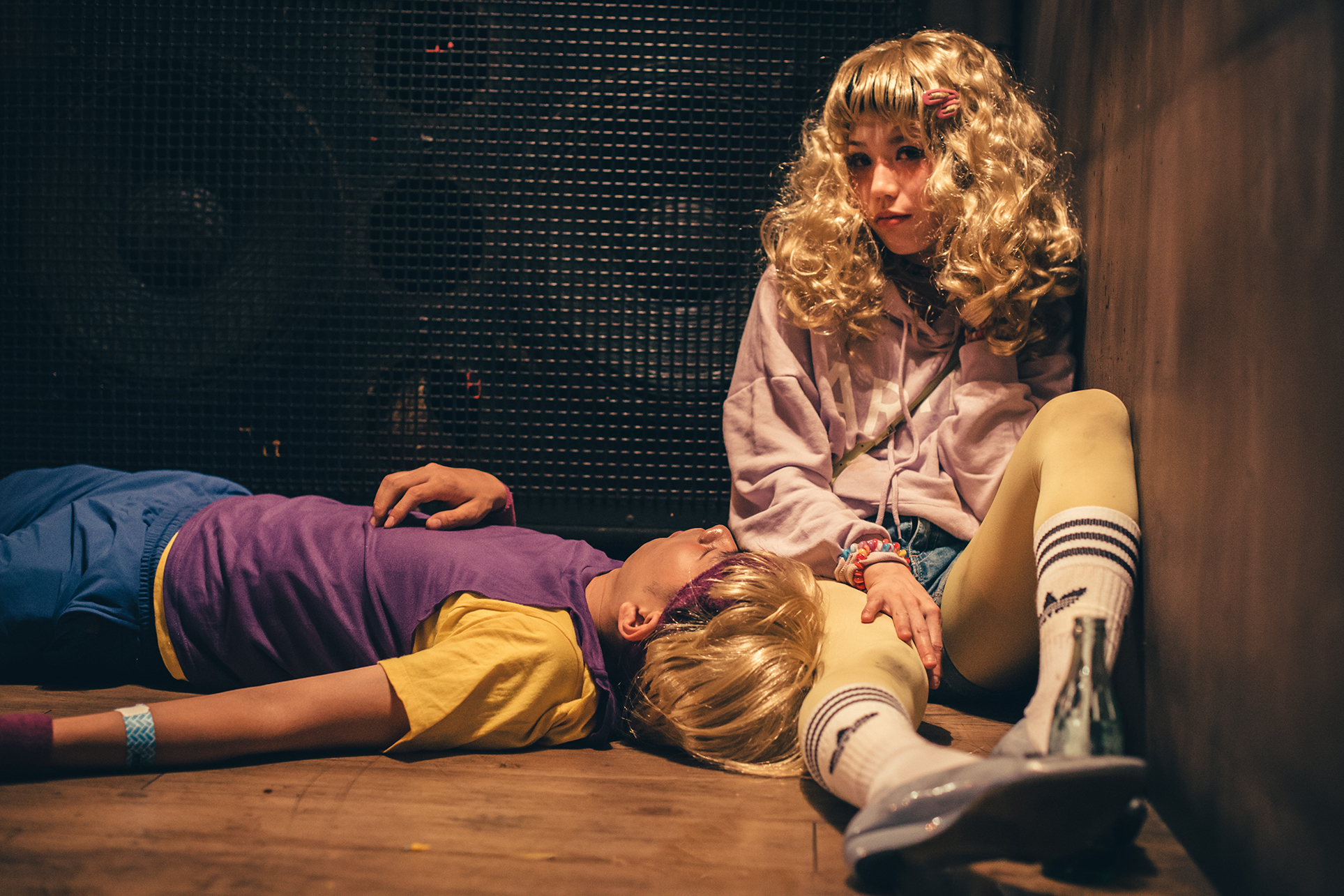
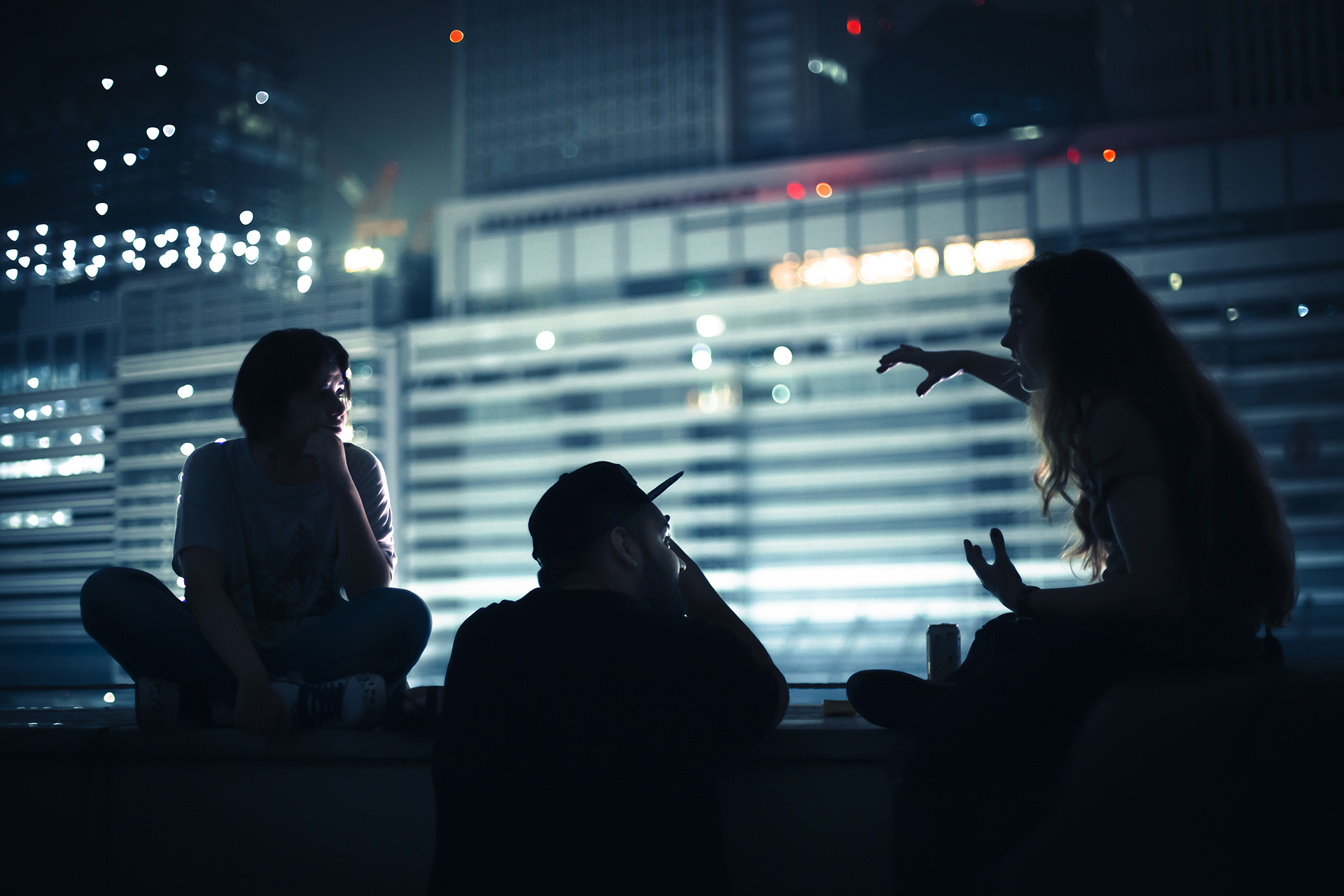
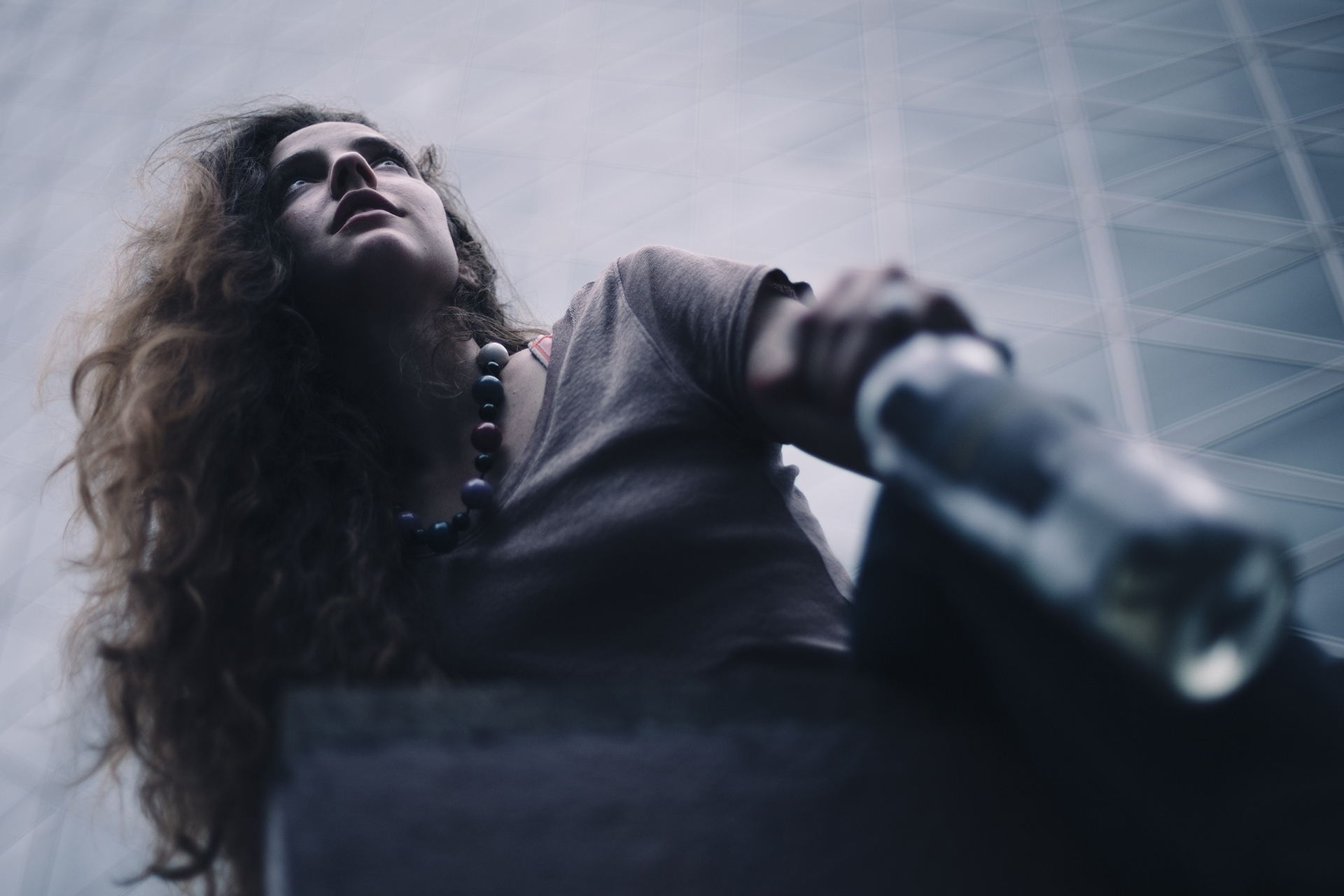 For more of his work, check out his Instagram page @jwellerc
For more of his work, check out his Instagram page @jwellerc
My next shutterbug is Abdallah Shaarawi, an Egyptian photographer based in Cairo, whose work is heavily focused on capturing spontaneous moments and still portraits of people, often using a 5D mark 3 and a Canon AE-1, 35 mm. Since he studied cinematography and is hugely influenced by film, his work reflects that essence as if looking at still images of a film scene, one that you’d like to watch.
When and how did you first get into photography?
It all began with filmmaking. At the age of 10 I was given a video camera and from then on all I wanted to do was capture images.. Using DSLR to make films made it easy to cross over to photography. It became a career choice recently around two years ago, where I began to look into it professionally and study it closely. Photography and film are very different. Photography tells a story within a frame, and film tells a story over multiple frames in time. The mindset and approach to the medium changes when you think about it in this way.
What are your favorite places and subjects to take pictures of?
I like to photograph nature and people. There is a place where nature and people merge and that is on the street. In street photography you become a hunter waiting for the right moment to take the shot. You are a fly on the wall observing the nature of the street, letting it play out before your eyes. Then when the time is right you click the shutter and capture that single moment in time.
When taking a shot, what do you try and capture?
Without sounding pretentious, I try to capture an essence. Even though I spend a lot of time on composition, my main goal is to capture something fantastic that happens spontaneously and truthfully in a split second. I try and capture an aspect of realism that doesn't exist to the naked eye, but must be framed and preserved.
What is a photograph to you?
A photograph to me is an enhanced moment. As I said earlier, photographers are hunting for that one special moment in time that exists only within that time frame of a split second. That frame then becomes the box in which the world of your image exists. A lot of times it's a moment that fleets too quickly for your eyes to signal your brain and comprehend it, but the camera sometimes captures what you can’t see, and that image becomes a life and story in and of itself.
Say you’re at a wild night out in a lively, red district city, what camera would you pull out and why?
I would take the smallest camera I own, which unfortunately is the Canon 60D. The point is to have the agility and speed to capture moments in time which fly by in an instant. Walking around with tons of equipment is going to make that more difficult. I would like to own something smaller for situations like these.
What’s the most difficult thing about taking a photograph?
The hardest thing is killing your baby. To be more specific: letting go of what you thought was a good idea or would make a good image. Hanging on to those mediocre shots because you believe in them will stop you from getting the better shot. Looking at your LED screen on the back of your camera trying to meticulously compose the image you have in your head will take away from 100 chances you had at a better moment in front of you. I struggle with focusing on getting a specific shot rather than focus on the better pictures I could probably capture if I accepted what's around me.
Name one photographer that had a huge impact on your work.
Ren Hang. A friend had sent me a link to his work, somehow she knew his work would resonate with me and it did. At first glance, the work seems to be unhinged and raw, looking at it closely you can see that a great deal of time was spent in meticulously composing each image. You feel contradicted looking at his work because he’s able to turn something that seems raw and, for lack of a better word, simple, and also shows how simple equipment and approaches can become extraordinary. Reality quickly becomes fantasy in rapid succession. To add to the raw, barebones approach to his work, he also uses a point and shoot 35 mm camera to create a world deceivingly fantastic.
Name one person, dead or alive, or a specific scenery, you would like to photograph, and why?
When I was living in Harlem, there was a dirt bike motorcycle gang that would pop wheelies down entire blocks. One of my biggest regrets was missing the chance to talk to one of them and, perhaps, do a visual story on them. The dirt bikes on concrete with a backdrop of Harlem townhouse architecture and steel fire escapes. I'm going to do it one day, I just have to get back there.
If you would photograph yourself, what would you want to see in your self-portrait?
A self-portrait I'm working on is a camera (or gun, haven't decided yet) in my mouth where I would pull the trigger and show an image splattered on the wall behind me. It talks about that frustration of not being able to represent the image you're seeing in your head. This is a more literal and forceful approach to the problem. It also talks about taking your own life to create a new life in the form of art, or rather your life becomes your work.
Lastly, why photograph people?
There are two ways to photograph people. Like I’ve mentioned earlier, when you're observing reality and try to capture shots of people without them knowing, and then there are the shots you take when your subject is aware. Both are different beasts. In the first example, what's interesting about it is you're a hunter waiting for the right moment to be caught and preserved. The second, and perhaps more challenging than the first, is you're working with a subject who is conscious of the fact that you’re taking a picture, but you're trying to capture that twinkle of truth they're hiding. This can take hours with someone who's more reserved, but often times the result is a lot more interesting. You work to talk and get comfortable with each other for them to finally remove the veil and reveal themselves to you.
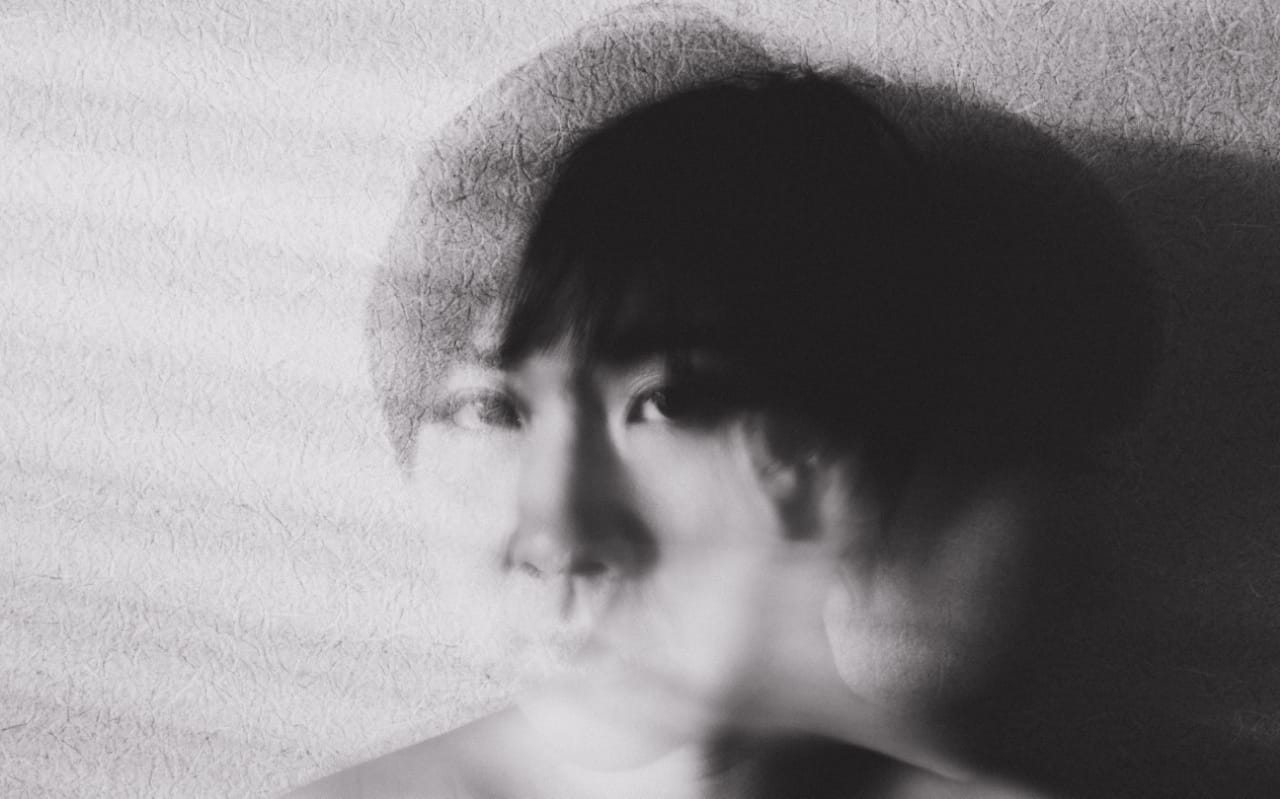
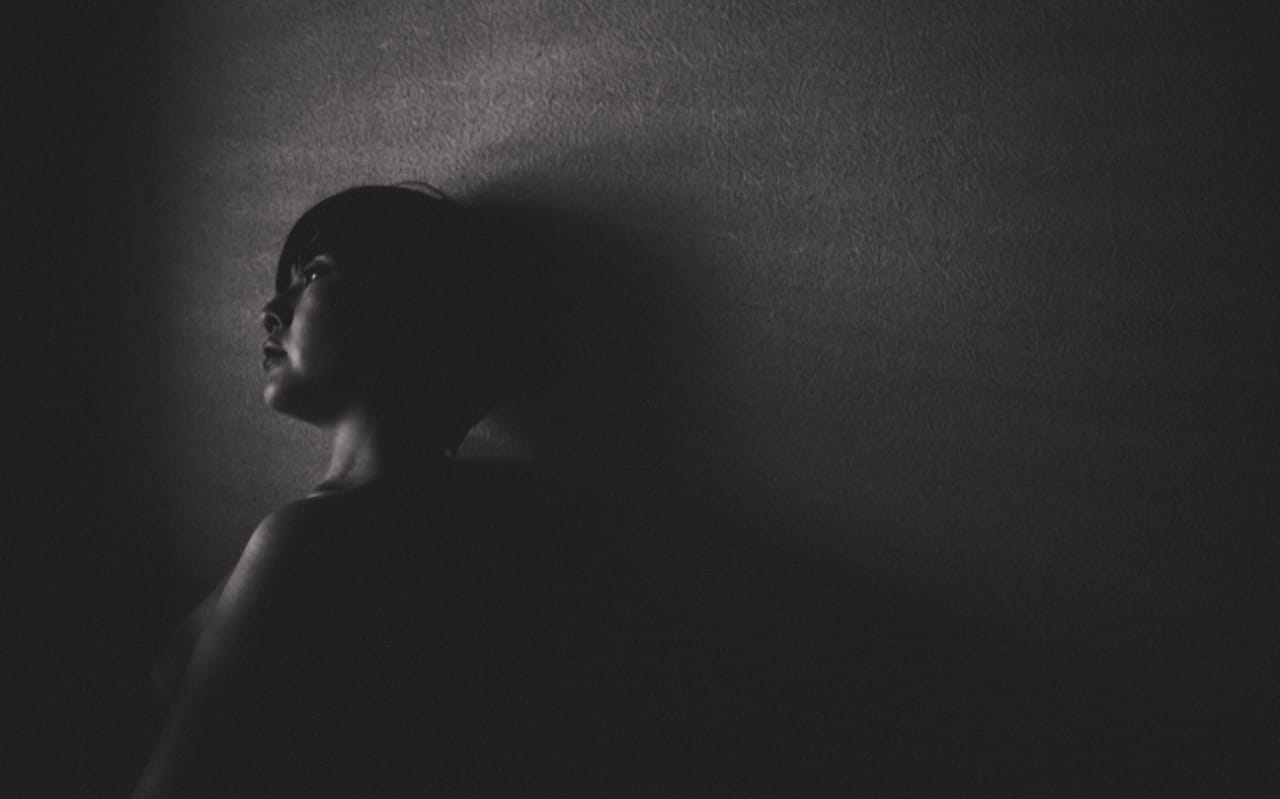
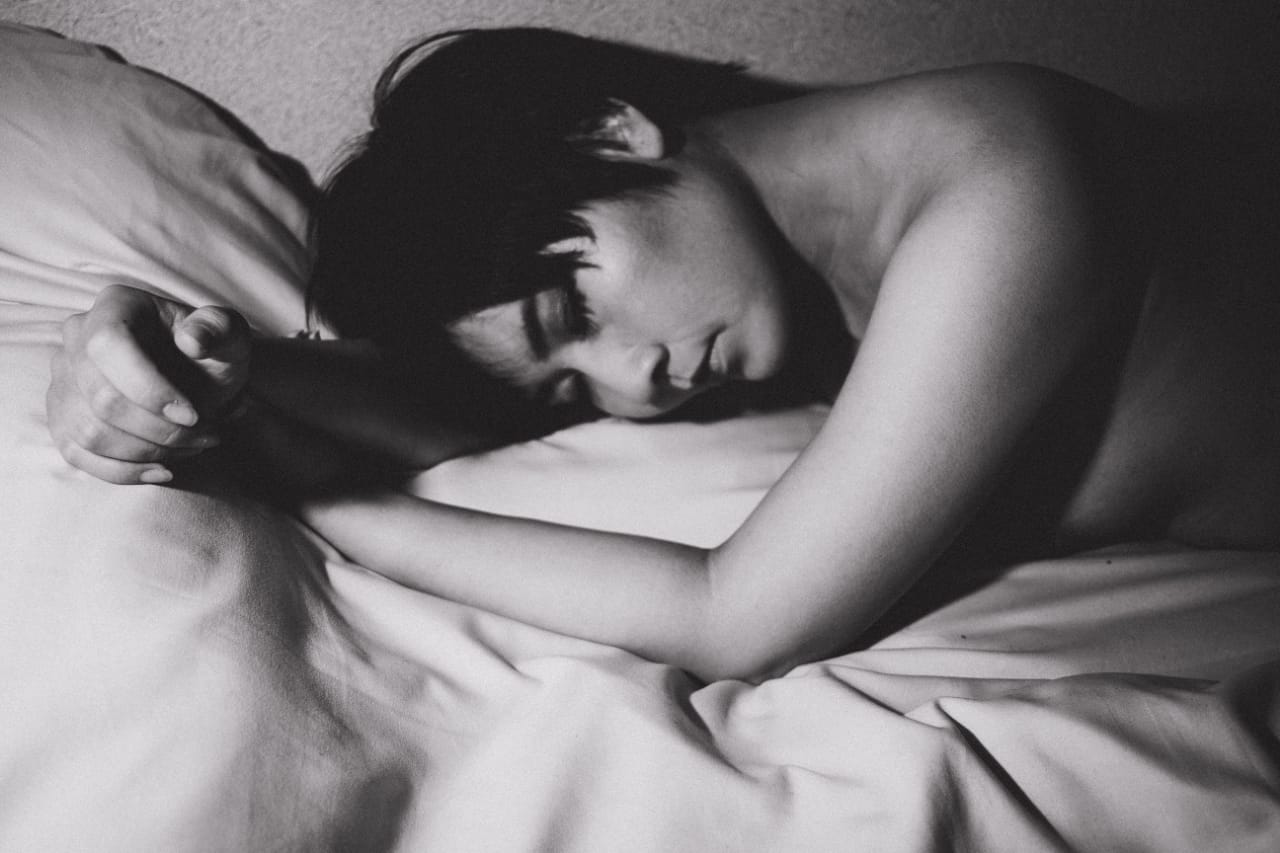
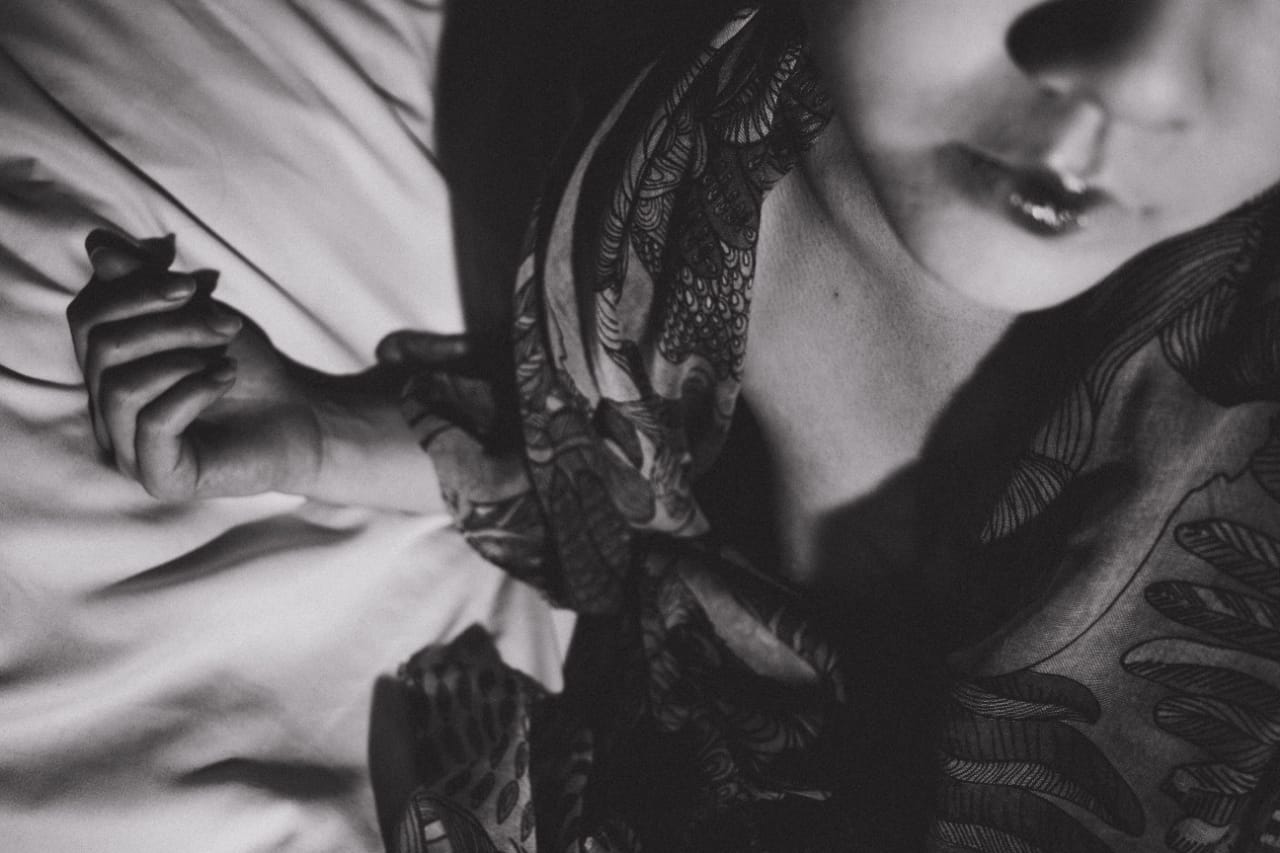 For more of his work, check out his Instagram page @shaarawi_bambino
For more of his work, check out his Instagram page @shaarawi_bambino
This next talented photographer is one that captures images of people in a very retro, 80s early 90s, feel. His simple color gradients with the incredible shots of people in an almost melancholy feel is what makes Mostafa Mansour’s work very intriguing. An Egyptian photographer based in Vietnam, Mansour paved the way for himself to discover his niche when photographing people using his digital Fujifilm XT2 and his analog Canonet QL17.
When and how did you first get into photography?
I got into photography back in 2015, during my travels in India. One of my two best friends, who is a professional videographer, handed me a camera during a random religious procession we ran into, he said “Just look through, half press till you see the red flashing dot, then take the photo.” Since that moment I knew I just discovered something I truly loved.
What are your favorite places and subjects to take pictures of?
I don’t believe there’s any good and bad place or subject to photograph. There’re only places and people that inspire you and others that don’t. In my opinion, a photographer should follow subjects that they are drawn to by genuine interest.
When taking a shot, what do you try and capture?
Most of my photos involve people, I don’t exclusively take photos of people but it happens to be what attracts me the most. A state of mind, an emotion, a special moment, anything that grabs my attention. I do, sometimes, shoot streets and, in that case, my eyes would be searching for lines, a strong visual language that can make me see the soul of the city. At times, I would take a photo of a landscape or even some sun lit spot inside my room. I don’t really have a reason for taking those photos but it’s something that I would mark as self-exploration through photography.
What is a photograph to you?
A photograph is a visual that arouses curiosity and emotion. A good photograph will have you staring at it for a while before you even notice.
Say you’re at a wild night out in a lively, red district city, what camera would you pull out and why?
I guess I’d go back to the point I made with shooting streets, otherwise I’d be really looking to meet someone there and shoot visuals of their life and get a closer connection. As for camera, I believe that cameras are only tools so I would shoot whatever camera I’m carrying. That being said, I do prefer to shoot analog film cameras in situations with low and vivid lights, but I would enjoy shooting with my digital camera just as much.
What’s the most difficult thing about taking a photograph?
To feel close enough to the subject, to produce images that can really make the viewer feel something.
Name one photographer that had a huge impact on your work.
I wouldn’t be able to name one. But there’s a lot of photographers that really inspire me with their work. To name a few, Nikos Economopoulos, Heba Khamis, Ali Zaraay, Colm Pierce, Vineet Zohra, Maika Elan, Raymond Chin and Ray Zheng.
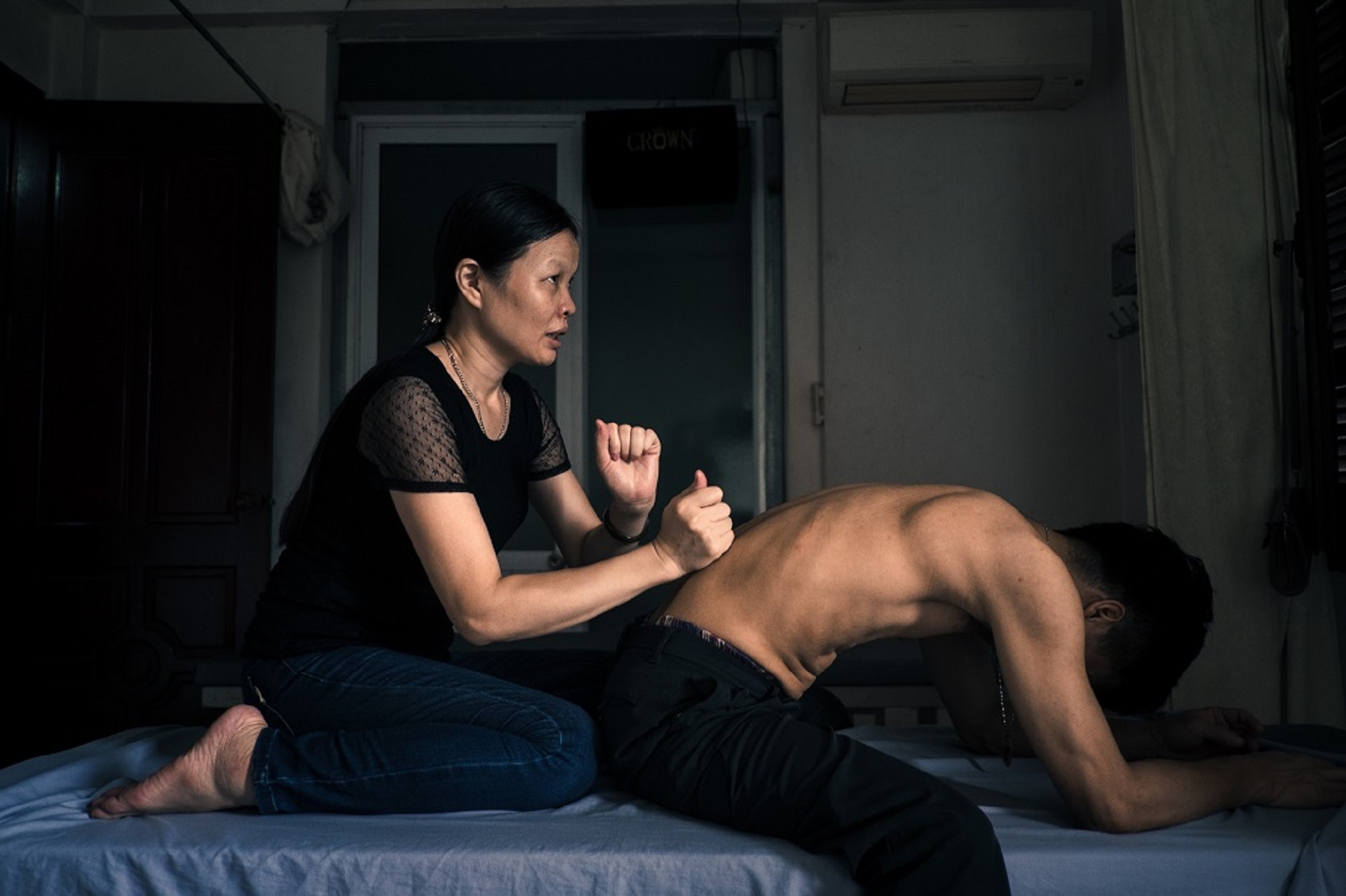
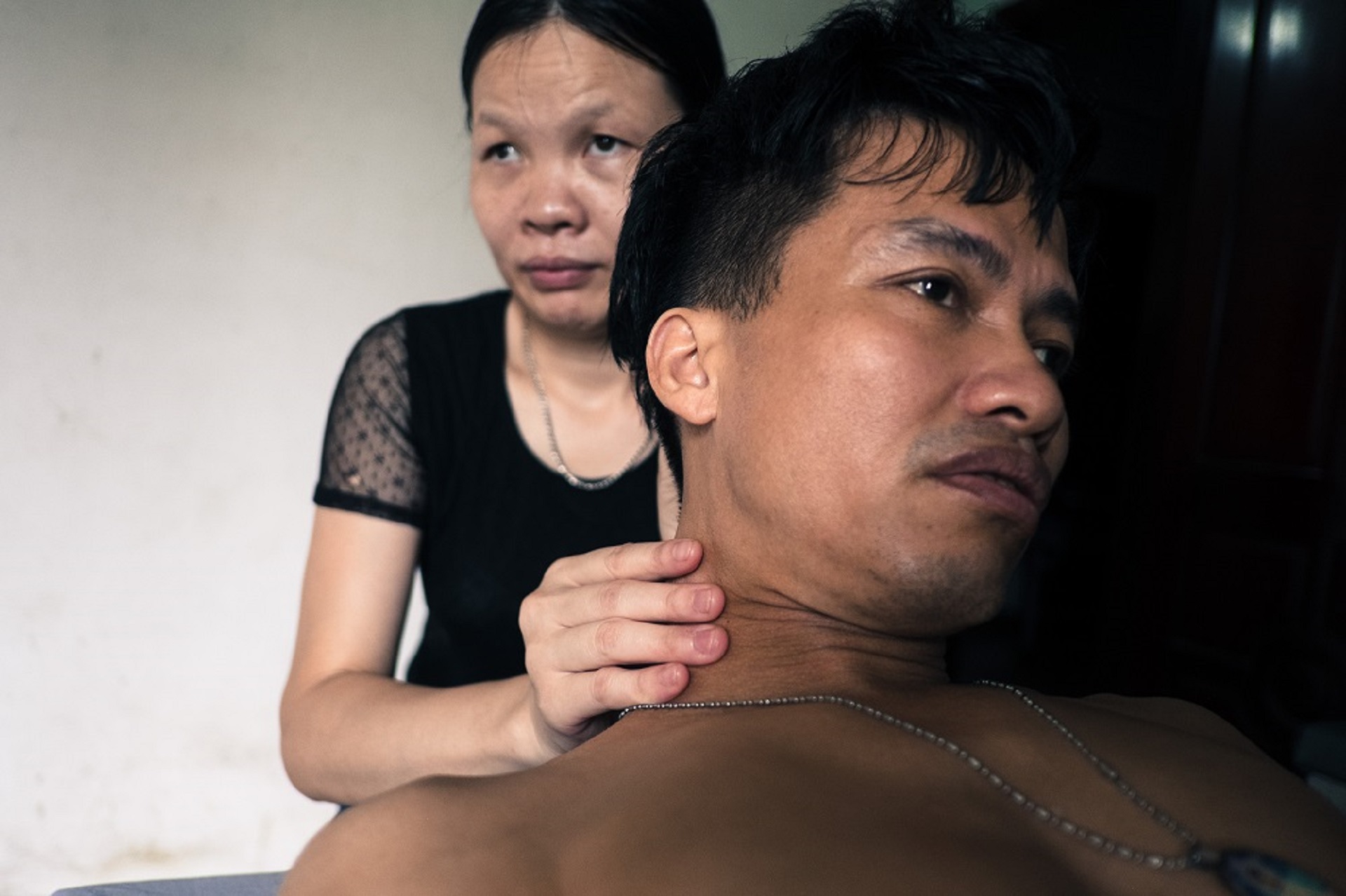
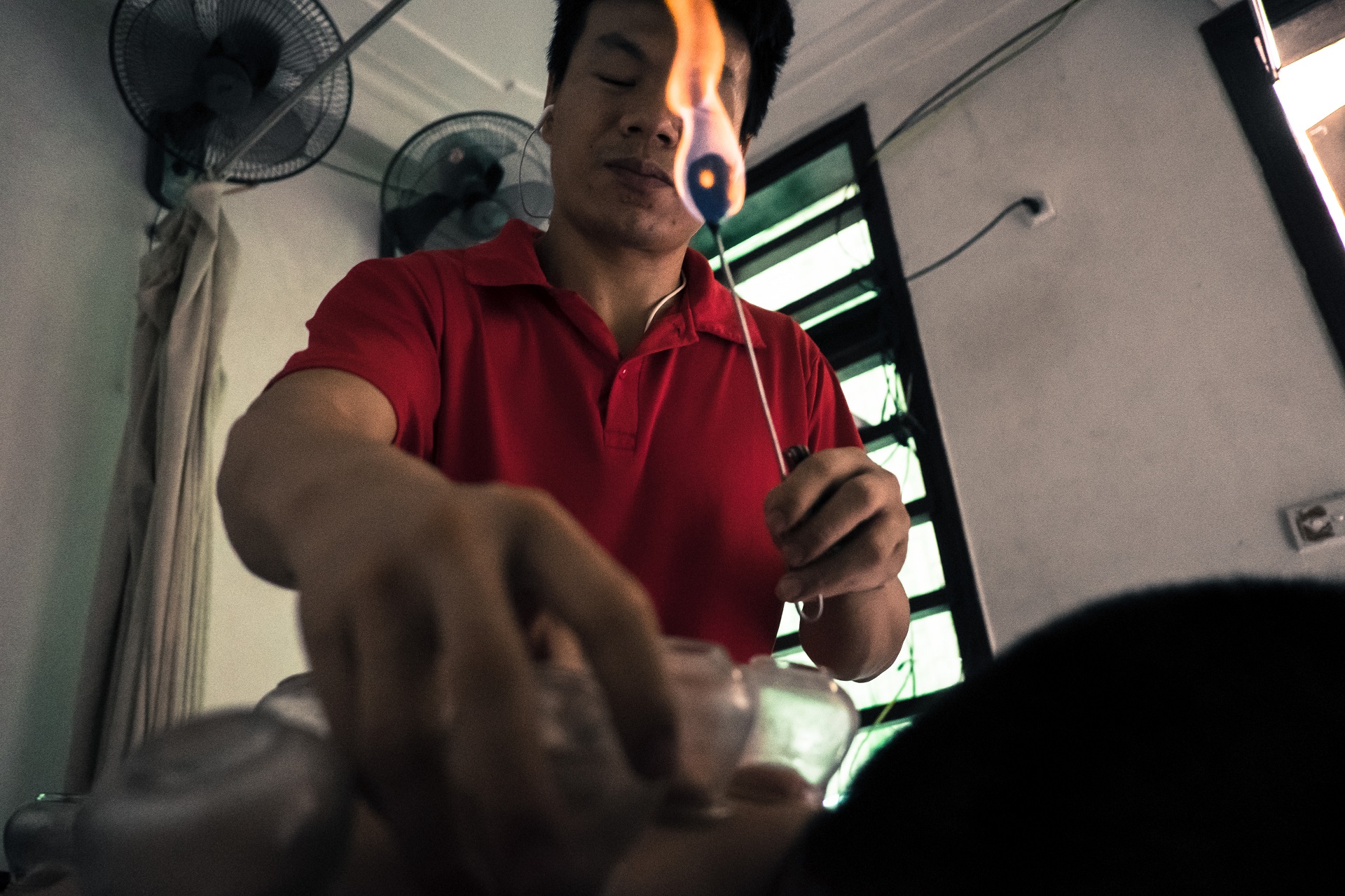
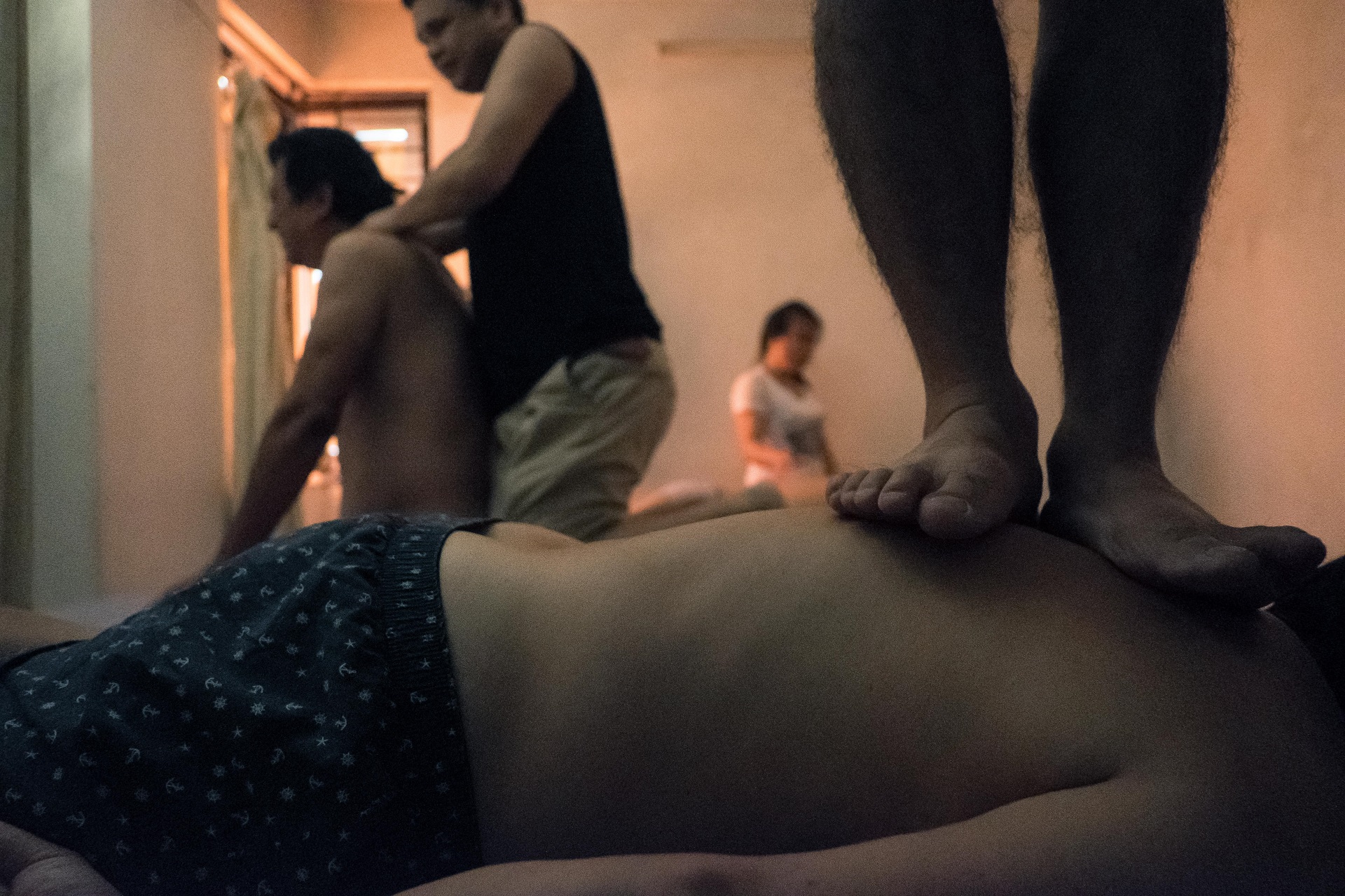
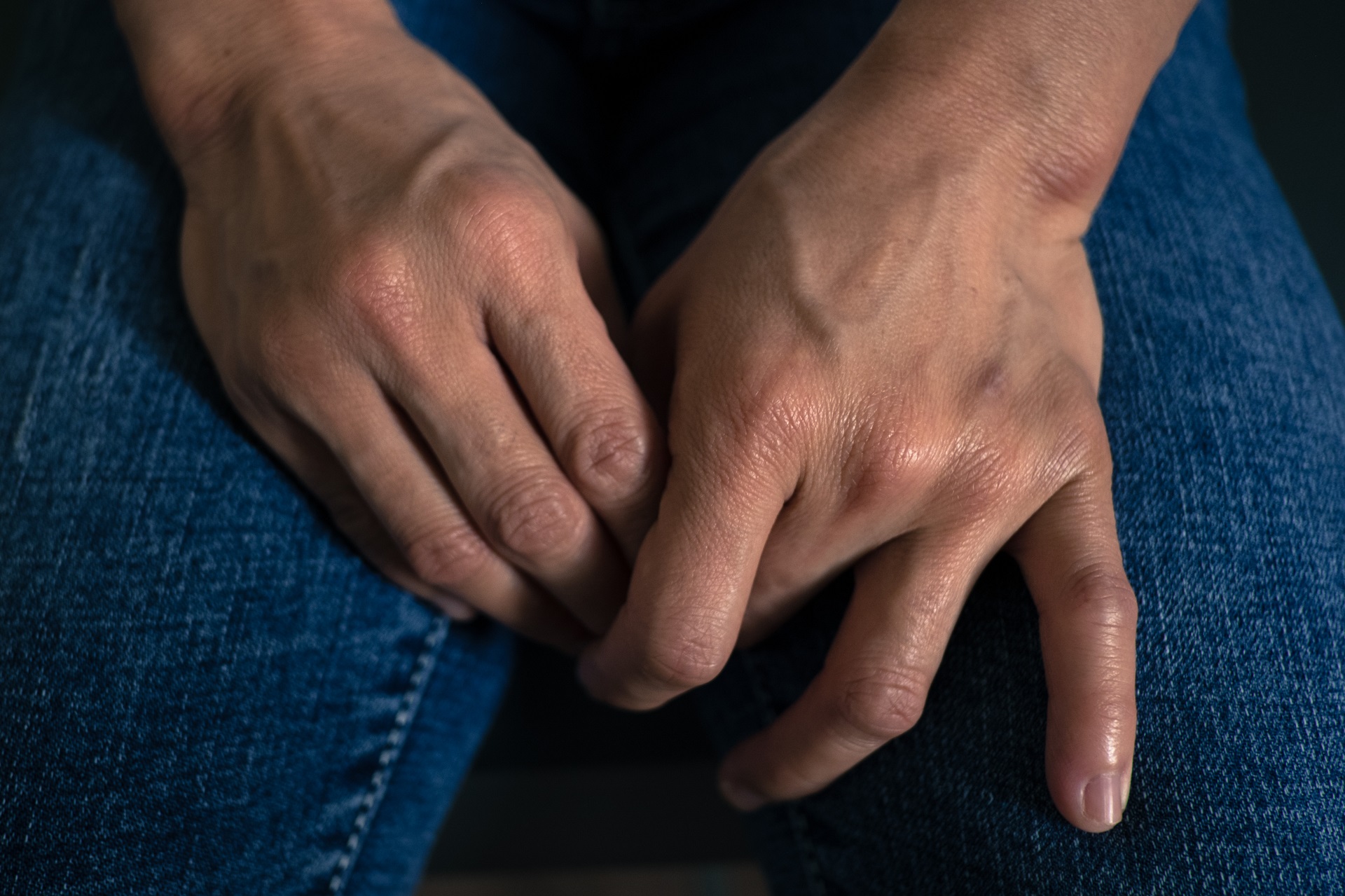
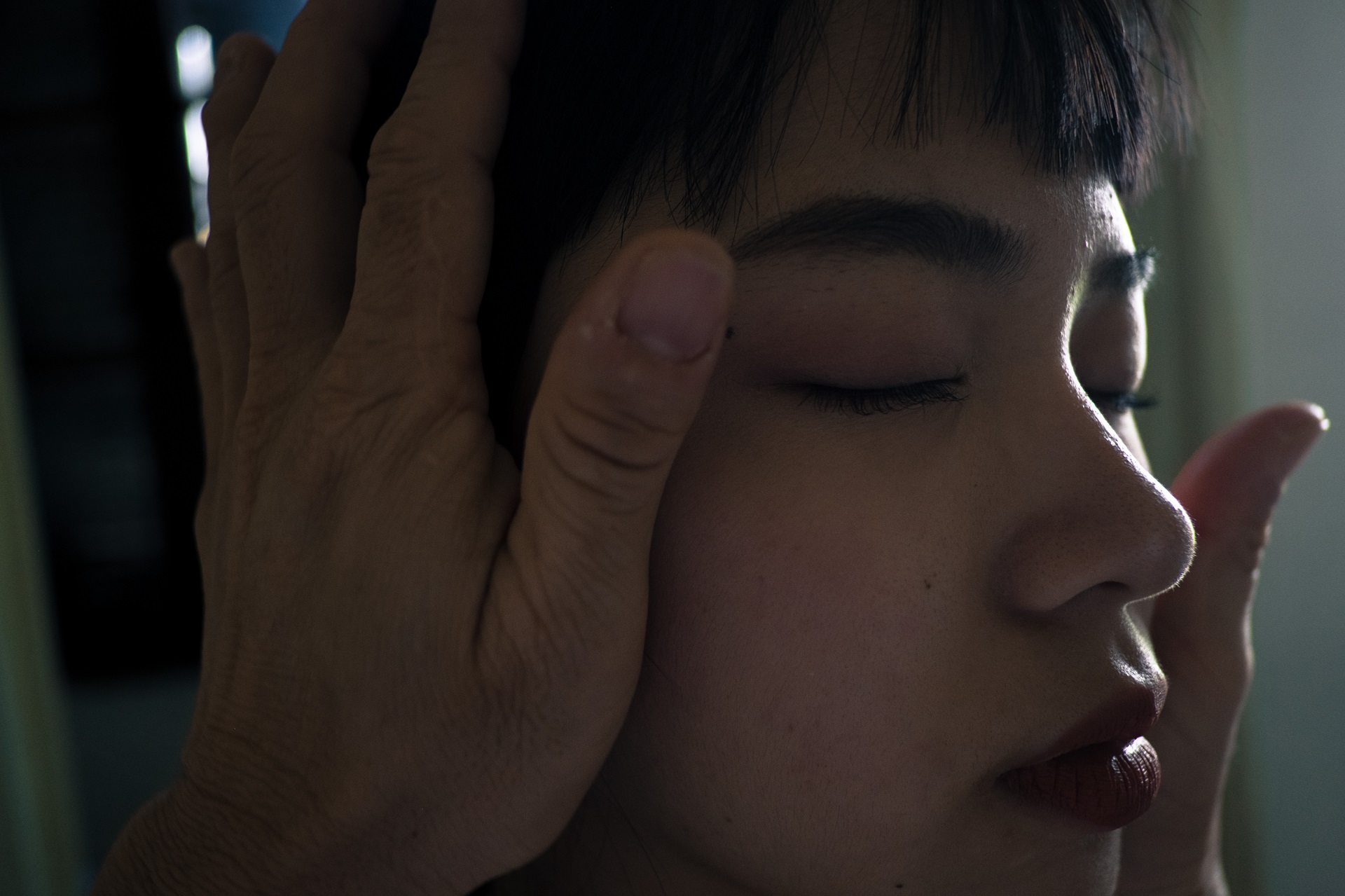
For more of his work, check out his Instagram page @manzawarz

